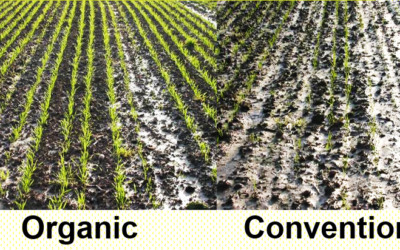Floating wetlands are man-made artificial platforms that support the growth of aquatic plants in water that is typically too deep for them. There is an expanding technology that is gaining popularity in urban areas that involves installing multiple floating wetlands in rivers that pass through the cities. The plants that take up residence in these artificial islands can take up excess agricultural nutrients and lock up chemicals and toxic metals. This can help prevent the development of algal blooms and dead zones. Some of the plants that gain a foothold on these artificial islands include short, native grasses and plants, such as sedges, swamp milkweed, and queen of the prairie.
These islands are often constructed from polyethylene and metal frames, bolted together and draped in matting. They are then anchored to the river bottom so that they will stay in place as the roots grow into the water. These so-called “riverponic systems” require no soil or other substrate for support. They provide an inviting habitat for aquatic life to help bring back the ecosystem services that were originally lost because of industrial development.
To learn more about this interesting solution to waterway pollution, click here.

